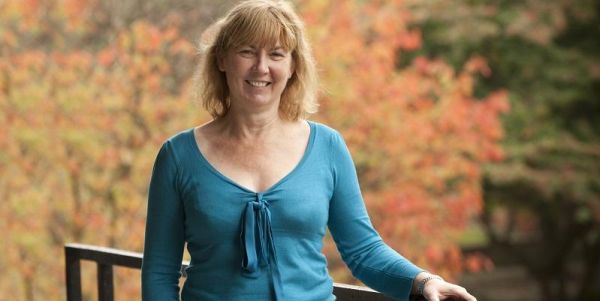
Direct experience of dementia strengthens support for euthanasia
People who watched a loved one die with dementia were more likely to support euthanasia for patients with the disease, a new study has found.

People who watched a loved one die with dementia were more likely to support euthanasia for patients with the disease, a new study has found.

Plans to restore Indonesian peatlands are a cost-effective strategy for reducing the impacts of peatland fires to the environment, climate and human health, says a new study.

A new interactive graphic developed by UK researchers and published by The BMJ will help people decide what to do in everyday situations to protect themselves, and others, from COVID-19.

University of Leeds researchers are set to launch a major trial of a cannabis-based drug to treat the most aggressive form of brain tumour.

An academic who has championed greater equality in physics is to advise on ways the subject can be opened up to people from under-represented groups.

Affordable plastic shields reduce the risk of COVID-19 infection for passengers on motorcycle taxis popular in developing countries, a new study suggests.

A lack of high-quality research is preventing the development of dietary advice that could reduce the number of hip fractures, a new study suggests.

New research has identified a way of using nanoclusters to bolster waning antibiotics.

A study has been launched into the feasibility of using air cleaners to reduce the spread of COVID-19 in 30 primary schools in Bradford.

Global warming has caused extreme ice melting events in Greenland to become more frequent and more intense over the past 40 years according to new research, raising sea levels and flood risk worldwide